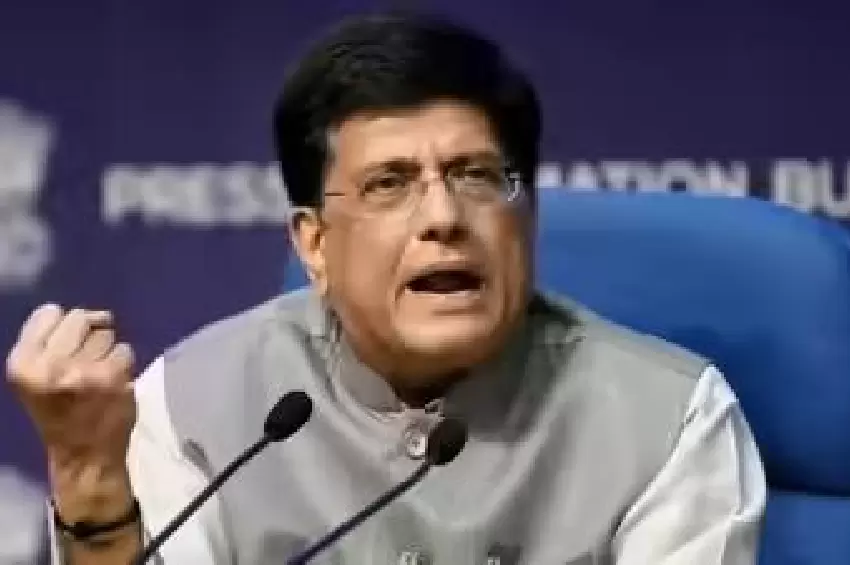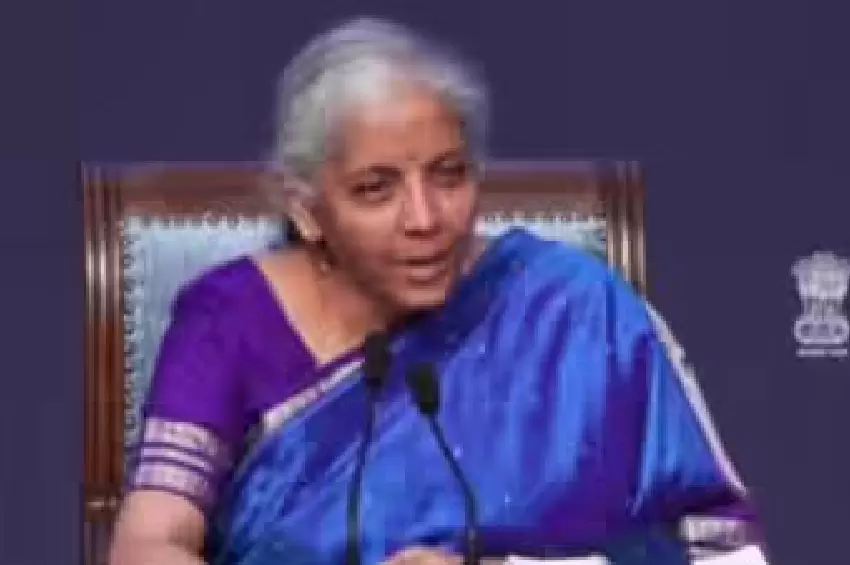Indian Equities Show Resilience Amid Geopolitical Tensions
Despite the ongoing geopolitical tensions between India and Pakistan, Indian equities are expected to remain stable, according to a recent report by JM Financial. This analysis draws on historical data, suggesting that while the Indian economy has been adversely affected by past conflicts, the equity markets have shown remarkable resilience.
Examining Past Conflicts: A Mixed Economic Impact
The report reviewed four major military conflicts involving India: the 1962 war with China, the Indo-Pak wars of 1965 and 1971, and the Kargil war of 1999. In each case, equity markets either recovered quickly or registered only limited negative reactions, whereas the broader economy faced more substantial consequences.

The 1962 Indo-China War and Its Aftermath
Following the 1962 Indo-China war, India's GDP contracted by 0.8 per cent, marking a significant economic downturn.
The 1965 and 1971 Indo-Pak Wars: Economic Downturns
The economic impact was even more severe during the 1965 Indo-Pak war, with GDP growth plummeting to 2.6 per cent from 7.5 per cent the previous year. Similarly, the 1971 conflict saw growth slip to 1.6 per cent from 5.2 per cent.
The 1999 Kargil War: An Exception to the Rule
Interestingly, the Kargil war in 1999 deviated from this pattern, with India's economy accelerating to 8.9% GDP growth from 6.2 per cent in 1998. The Nifty index also saw significant gains during this period.
Can India's Economy Withstand Current Tensions?
Today, India's robust economy, bolstered by structural reforms and strong macroeconomic fundamentals, is better positioned to absorb the shocks of military escalation than in past conflicts.









Comments